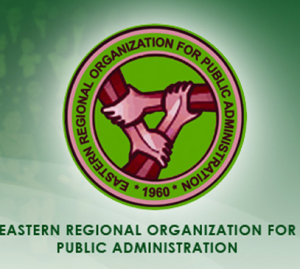November 7, 2014
Christoph Demers, Fellow at the National Center for Digital Government, contributed to the National Priorities Project’s “State Smart” initiative, from June – August, 2014. Released October 2014, State Smart examines how federal dollars flow to states. State Smart aims to recreate the Census Bureau’s Consolidated Federal Funds Report (CFFR), which had been a vital tool to economists and researchers for decades, before it was cancelled in 2011 due to budget cuts. Other attempts by the federal government to make government spending data more accessible, such as the USASpending.gov website, have thus far failed to provide researchers with a reliable and consistent data source. Most recently, a Government Accountability Office report found that for 2012, USASpending.gov was missing $619 billion in federal government spending.
With State Smart, as with the CFFR before it, researchers can download a wide range of (clean!) data sets detailing state and federal level funding flows, including data on federal grants to states, federal contracts, DOD contracts, business and individual, and federal compensation. As the Washington Post noted, the CFFR was “crucial to the work of a small set of researchers, academics and journalists, offering a broad view of how federal money is transferred to states.” But State Smart isn’t meant to be a resource just for researchers and journalists.
State Smart goes beyond the Census’ Consolidated Federal Funds Reports, as it is housed in a user-friendly website with comparative and within-state analyses. The accessible nature of the site allows any interested member of the public to quickly gain an overview of how federal dollars play a role in their own as well as other states. For example, here we see State Smart’s graphic representation of per-person federal aid to individuals by state, with Massachusetts highlighted in green:
Or this 10 year view of the California’s revenue by source:
Importantly, State Smart will be updated as new data from various government sources flows in, ensuring that CFFR-type data will continue to be available to researchers, journalists, and active citizens.
Demers, a research intern at the National Priorities Project, assisted National Priorities Project staff in combining and then analyzing the assorted data sets that make up State Smart, including those from the Census, the Bureau of Economic Analysis, the IRS, and USASpending.gov, among others. “Christoph played a critical role in the launch of State Smart. He quickly learned the nuances of troubleshooting and cleaning disparate data sources, and the final product is a testament to his detailed-oriented approach,” said Becky Sweger, Director of Data and Technology at the National Priorities Project.
The National Priorities Project is a national non-profit, non-partisan research organization dedicated to making complex federal budget information transparent and accessible.









